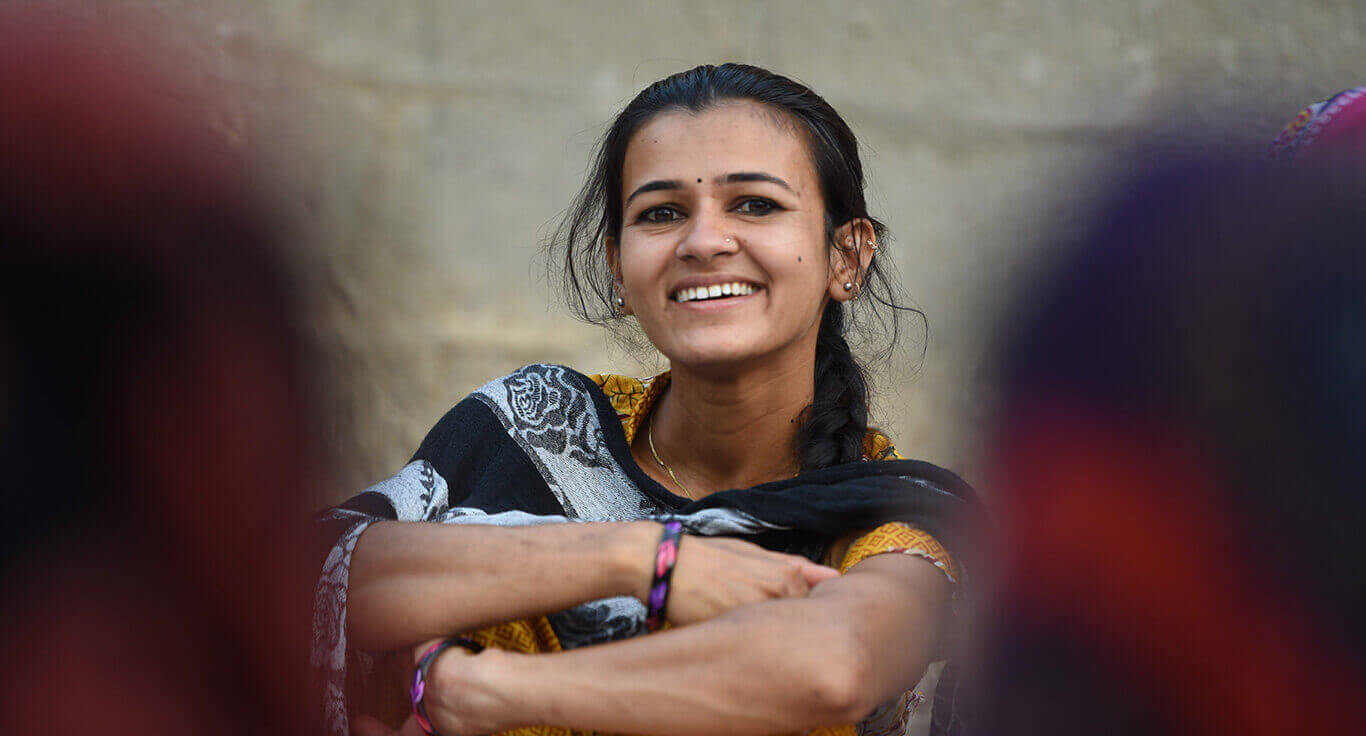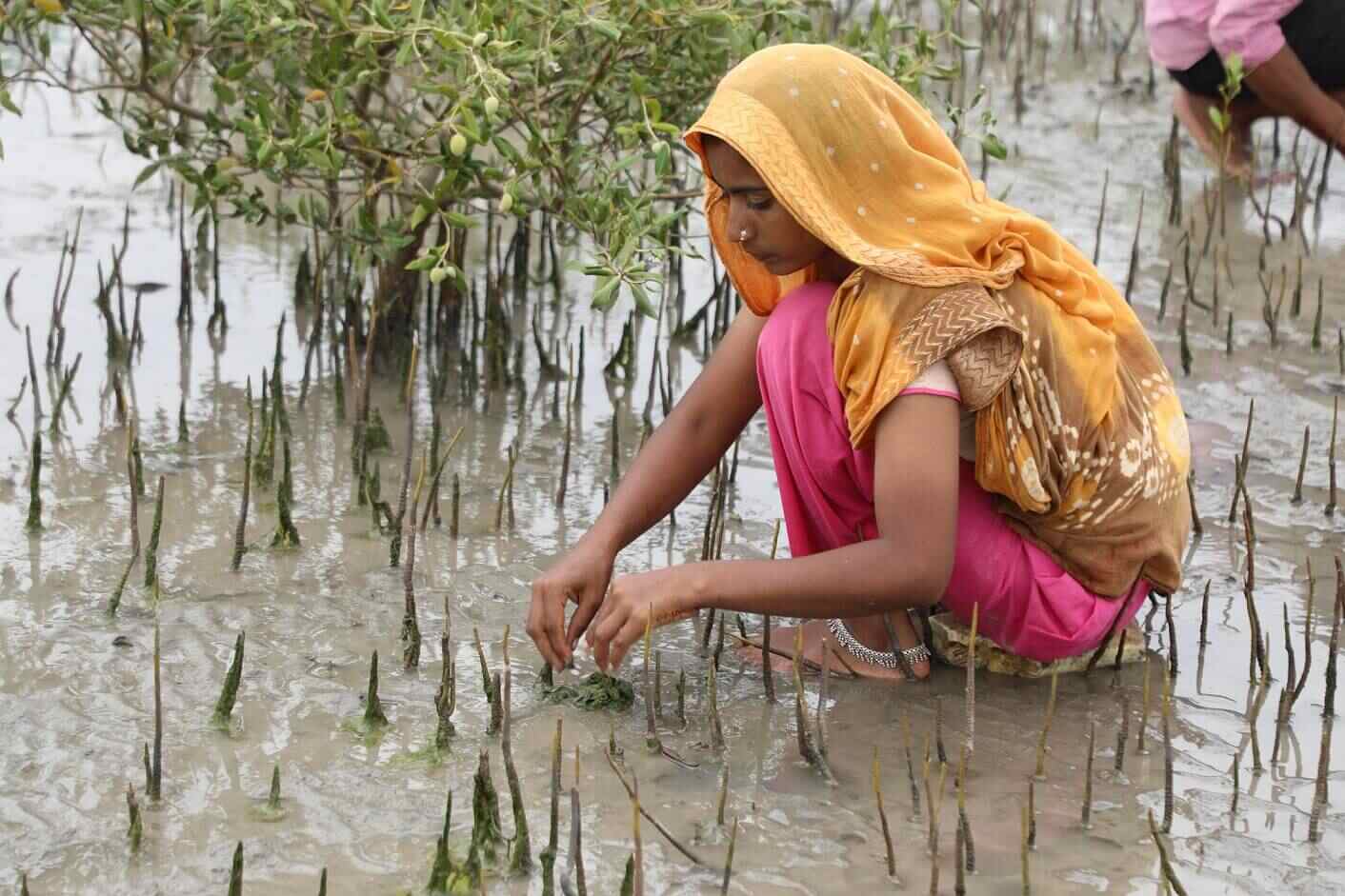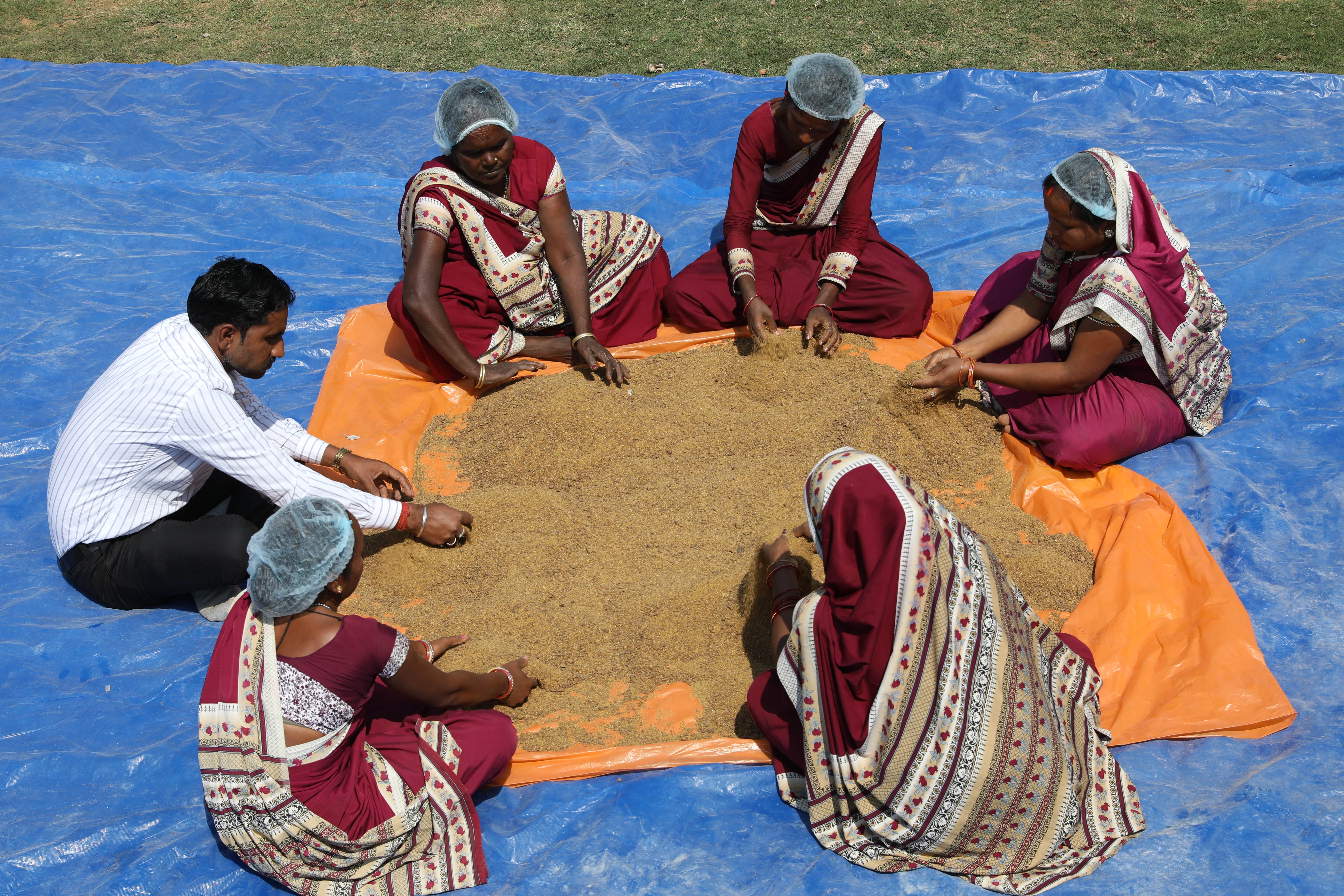
The livestock sector in India plays a key role in providing livelihoods to more than 80 million rural households and contributes sizably to the national economy. It is a well-known fact that India is a global leader amongst dairying nations – not just in terms of milk production but also consumption. It has over 300 million bovines, producing 198.48 million tonnes of milk per year, valued at more than INR 8.32 lakh crore. Statistically, India contributes to 23% of global milk production.
Presently our dairy sector is equipped to meet the local needs as well as to export milk powder to many countries. What is unexpectedly unique in this grand scheme of things is that the productivity of Indian dairy animals is the lowest as compared to most of the dairy countries in the world. The lack of access to the advance dairy technology and poor cattle health management are depriving Indian dairy farmers from reaping the rightful rewards they deserve.
In this context, the Adani Foundation is committed to deliver high quality breeding services by promoting artificial insemination (AI) and other vital healthcare services. It is improving the well-being of cattle and cattle rearing families in all its 15 CSR sites across 9 states in India. Building capacity of farmers and creating awareness about recommended animal husbandry practices forms the bedrock of this project. This project has been developed in partnership with Bharatiya Agro Industries Foundation (BAIF) by creating Livestock Development Centres (LDCs) and organizing veterinary camps for more than two lakh livestock animals per year.
The key strategies for this are aligned towards providing a superior progeny through AI with quality conventional and sorted semen (SS) and maintaining the supply chain through in vitro fertilization (IVF) technology at farmer’s doorstep. This has enhanced farmers’ income by the birth of only female calves with genetic potential of producing more milk; potential to produce 4000 kg milk per site per day. Simultaneously, scientific management of livestock is given a priority, taking into consideration various aspects such as fodder, azolla and silage development for adapting healthy feeding practices as well as scheduling vaccination and health camps for disease control. For example, the immediate vaccination drive against lumpy skin diseases helped save more than one lakh cattle. It was aided with therapeutic, ayurvedic and nutritive cattle support in the intervening locations.
There are several other examples which explain the Adani Foundation’s detailed planning and on field executions. In Dhamra, Odisha, it provides a doorstep delivery service through Mobile Veterinary Unit (MVU). This service of artificial insemination through sex-sorted semen has ensured birth of 90% female calves and registered higher milk volume. In terms of best quality fodder cultivation, Mundra site in Gujarat has taken the lead. 192 farmers have adopted and cultivated NAPIER Grass (nutrient rich variety) in 190-acre area, yielding 3,800 tonnes of fodder annually and saving INR 52 lakh which would have otherwise spent on buying it.
Furthermore, the innovation in dairy development sector, especially the well-established ‘Anand Model’ of cooperative structure and marketing federations are being replicated in milk sheds across the country. In this direction, the Adani Foundation has promoted 20 milk collection centers, Farmer’s Producer Organisations (FPOs) and Milk Cooperative Societies to leverage financial returns for livestock owners. Taking for instance, the Anuradha Dairy and Milk Collection Centre from Gondia district of Maharashtra, is fetching higher prices to farmers through proper supply chain management and marketing.
Understanding the potential of dairy development in this Gondia district, the Adani Foundation introduced an integrated approach including breed improvement, fodder management, healthcare services, and marketing of milk in 26 villages. An FPO named Tiroda Farmer Producer Company Ltd (TFPCL) was formed to set up milk collection and chilling centres, which is currently benefitting 1,200 farmers. The FPO runs 23 Milk Collection Centres and the milk is supplied to the Panchmahal District Co-operative Milk Producer’s Union Ltd., Godhra (Gujarat) under the brand Anuradha Dairy. Presently, the dairy is collecting 7,000 litres milk per day. In FY 2022-23, Anuradha dairy collected an average of 1,45,045 litres per month with average monthly payment of INR 65,92,572 directly into farmers’ bank account in a cycle of 10 days. In a nutshell, farmers are getting 30%-40% higher price for the milk collected.
Apart from benefitting the farmers, Anuradha Dairy has generated employment for 75 women with monthly income of INR 8,000 to 10,000. These women, organized in the form of a self-help group (SHG), run the milk collection centres. In FY 2023-24, the group strength is set to expand to 450-500 women. In fact, looking at the success of this dairy model, this initiative is proposed to be expanded to the entire Gondia district – including the construction of one milk chilling plant of 30 KLPD in Tirora block and 90 village-level milk collection centers in Tirora, Gondia and Goregaon blocks with the support of the state government.
Livestock Development, when done optimally, has proven to boost the wealth and well-being of millions of farming families in our country. The Adani Foundation along with its partners and community groups have streamlined the intervention right from enhancement of artificial insemination in a scientific manner for improvement in productivity, to the development of FPOs for appropriate marketing and sales. By achieving expertise and scale, the prosperity will continue to grow manifold.







